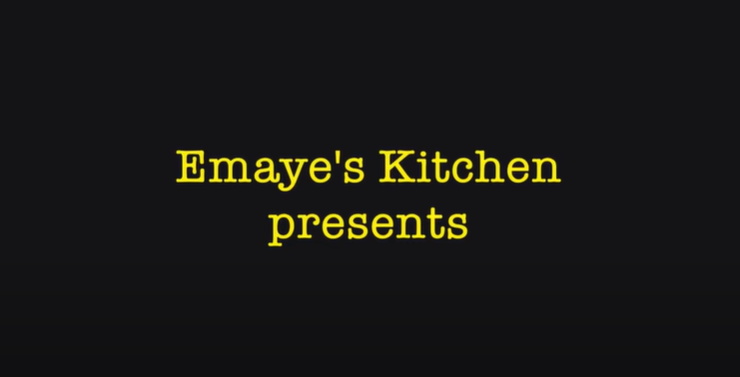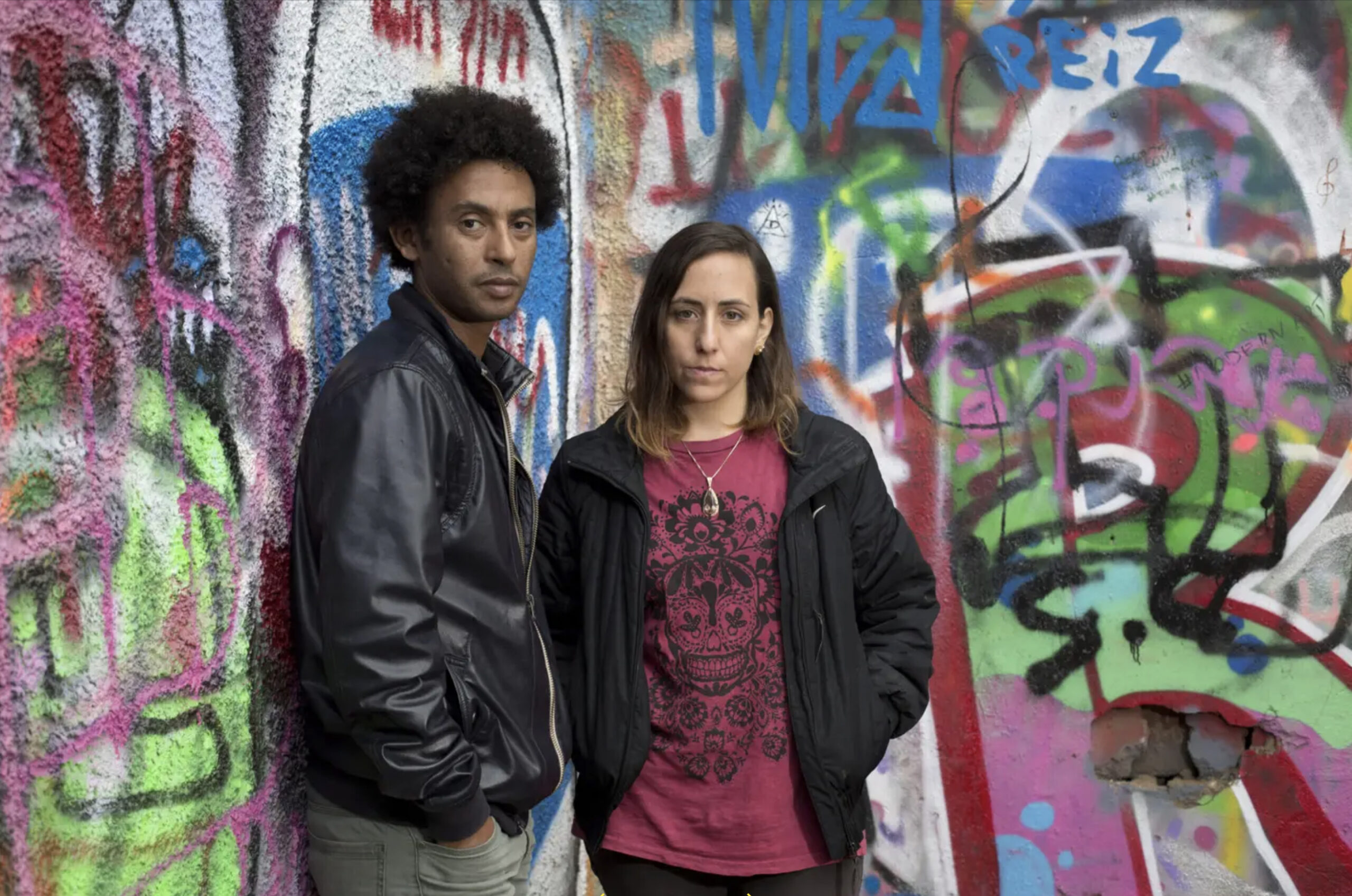Whenever I visit somewhere new, whether in my country of origin or somewhere foreign, I typically stand on the periphery at first to “take it all in.” As Friday night services ended at a new place recently, I watched the locals exchange the global sabbatical salutation of Shabbat Shalom (Good Shabbos). Like the usual prayer attendees, friends asked about each other’s well being, they exchanged hugs and handshakes, and like any community, they eventually made their way toward the door. Only something was different. No matter their appearance, no matter their observance level, no matter if they were lay-leader or rabbi, one by one they removed their kippot. One by one they tucked away their (tzitzit) fringes. Just as the “Shabbat Shalom” blessing can leave one’s lips without much consciousness, so did they remove their kippot i.e. the common external identifier that qualifies them as a Jew.
I wonder why. I wondered how it came to be. I wanted to ask, but I didn’t. As they did, I did.
As a Jew from one of the largest Jewish communities in the world: Monsey, New York, I’ve always wondered what it would be like to have been born a Jew during a time in history that being Jewish meant, at the very least an invitation to be robbed or violated, and at its worst, death. I’ve always wondered what it would have been like to have to hide behind steel walls, and hide who I really was out of fear of being “figured out.” But then I left my New York haven for Turkey, only to find that Jewish expression and Jewish pride are not just stifled in countries that are predominately Muslim or anti-Semitic, but really, the freedom to be proud has been threatened throughout our world — be it the hallways of the schools in North America or a synagogue in Istanbul, Turkey.
This summer I am working in a summer camp serving the Jewish community of Turkey. Like the synagogue, 20-foot steel walls barricade the campground and double doors along with constant surveillance detract any unwanted guests from visiting. Every day after camp, I attend the afternoon and evening services at the local synagogue. My role at camp is to bring Jewish content to the campers and to make Torah, holidays and values accessible to those who have far less exposure to Judaism than do American Hebrew school youth. When asking one of the Jewish leaders about what it means to express oneself “Jewishly” in Turkey her response was “You have to feel your Jewishness inside, that is how we live here…”
Without exaggerating, out of the hundreds of people who visit the facilities on a daily basis, I am the only one who wears a kippah. One camper asked me what it was, one asked me If I was Muslim, and though at times I get stares as if I was an outlandish rebel to their societal norms, I feel that by wearing my kippah I am wearing it not only to serve as an example of hope for the youth and Turkish natives, but as a reminder, even to them, that “the nation of Israel lives.”
After speaking to the rabbi of the community about the pride of freedom he said, “This is how many Jews feel, but there has never been a single anti-Semitic occurrence on the island, so…” Yesterday, though my co-workers would be disappointed, when riding my bike to the synagogue, I began to hide away my tzitzit and began to take off my kippah, but then something happened, I told myself, for the sake of all the Jews who never could be proud, not because they don’t want to be, but because of their complex social and political climate in which they are in, I will go proudly.
The inner-freedom to be you, and thus, the freedom to be able to express yourself outwardly, as you are, should not be viewed as a medal bestowed upon the citizens of a free and democratic state, not anymore at least. Freedom of expression, of speech, should be a basic, it should be embedded in the rights of all constitutions, for all peoples. And yet, here we are (again), 2015, and people are still be subjugated by those who have more political or social power based on race, gender and faith. People are still being silenced by the fear of being “figured out.”
The weeks between Tisha B’Av and Rosh HaShanah are called the Seven Weeks of Comfort (Shiva Dnechemata). As we recall the temples destruction in this season of Av, we also remember the lost pride of our people, and the never-ceasing hope to find it again.Mishacherev Beit HaMikdash…during this time we build our spiritual capacity towards believing that hope is possible. That Jews in countries around the Diaspora, be it Turkey, India, America or Israel will one day own their own pride of freedom, and find it, regardless of Exile’s insistence.
As Israel’s national anthem, “HaTikvah” reverberates daily “Until now, the hope of 2,000 years was not lost, neither will our hope be lost.” As do the words of the amidah ושא נס לקבץ גלויותינו-“and may you lift the banner of hope to gather the exiles”
During my bike ride yesterday, I saw four different campers with their families. I waved as I rode by; I saw them notice my tzitzit and kippah; I saw them smile; I saw them look to their parents, and their parent’s wave. Whether this is the right thing to do on a regular basis, I knew, in that moment, our ancestors were dancing.






